Blog
WeCloudData provides customized learning paths to improve technical proficiency in large language models (LLM) and generative artificial intelligence (gen…
by WeCloudData
January 16, 2025


